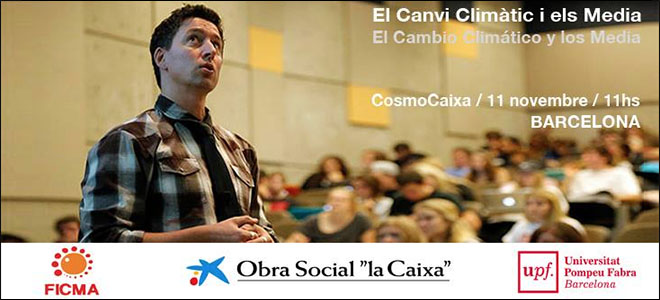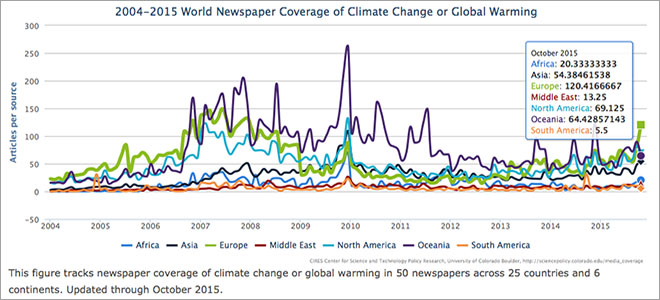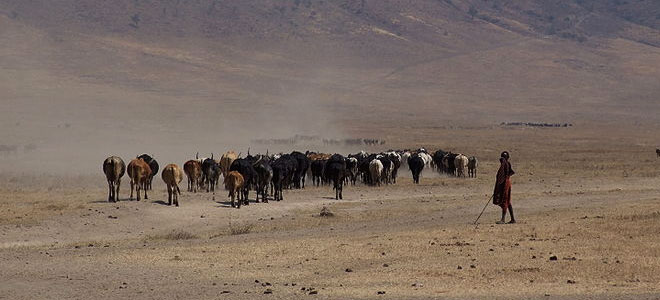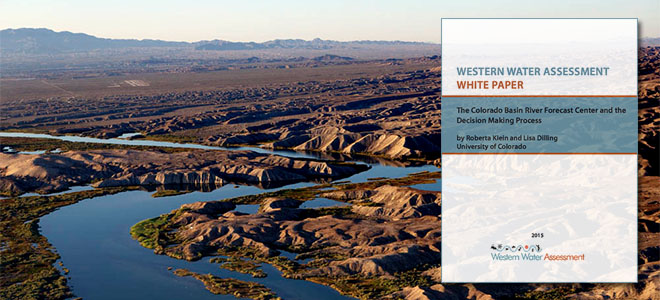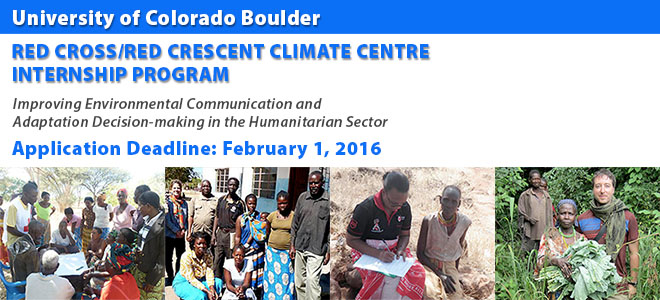
by Paige St. John
Los Angeles Times
October 18, 2015
The ash of the Rocky fire was still hot when Gov. Jerry Brown strode to a bank of television cameras beside a blackened ridge and, flanked by firefighters, delivered a battle cry against climate change.
The wilderness fire was “a real wake-up call” to reduce the carbon pollution “that is in many respects driving all of this,” he said.
“The fires are changing…. The way this fire performed, it’s not the way it usually has been. Going in lots of directions, moving fast, even without hot winds.”
“It’s a new normal,” he said in August. “California is burning.”
Brown had political reasons for his declaration.
He had just challenged Republican presidential candidates to state their agendas on global warming. He was embroiled in a fight with the oil industry over legislation to slash gasoline use in California. And he is seeking to make a mark on international negotiations on climate change that culminate in Paris in December.
But scientists who study climate change and fire behavior say their work does not show a link between this year’s wildfires and global warming, or support Brown’s assertion that fires are now unpredictable and unprecedented. There is not enough evidence, they say.
University of Colorado climate change specialist Roger Pielke said Brown is engaging in “noble-cause corruption.”
Pielke said it is easier to make a political case for change using immediate and local threats, rather than those on a global scale, especially given the subtleties of climate change research, which features probabilities subject to wide margins of error and contradiction by other findings.
“That is the nature of politics,” Pielke said, “but sometimes the science really has to matter.”
Other experts say there is, in fact, a more immediate threat: a landscape altered by a century of fire suppression, timber cutting and development. Read more …


